Antimicrobial resistance (AMR) poses a global threat to public health and also has severe implications for the health and welfare of animal populations as well as the safety and security of global food systems. While antibiotics are needed to ensure animal health and welfare, they have been overused and misused in animal production, thereby contributing to the development of AMR. Increased restrictions on the use of antibiotics in animal production has emphasised the need for responsible and prudent antibiotic use and invigorated the development of efficacious alternatives to antibiotics, including vaccines. For this report, the Global AMR R&D Hub used the World Organisation for Animal Health priority vaccine list to conduct an analysis of the public and philanthropic funding supporting animal health vaccine research and development (R&D) based on the information captured in the Investment Gallery of the Dynamic Dashboard.
Key points:
- Although viral and parasitic diseases are included in the OIE priority list and remain important in the fight against AMR, this report is focused on bacterial diseases. This is due to more data being available and because the effect of viral and parasitic diseases on AMR is largely indirect by contributing to secondary bacterial infections.
- Human health product-related R&D focussed on the development of therapeutics and received 60% of total funding, whereas vaccines and diagnostics received about 20% each.
- In contrast, the majority of product-related R&D in animal health was for the development of vaccines (43%), followed by diagnostics (35%) and therapeutics (23%).
- This may be a result of the different priority settings for R&D within the different health sectors, and may also indicate an underappreciated role of vaccines in the evaluation of AMR strategies, particularly in human health.





